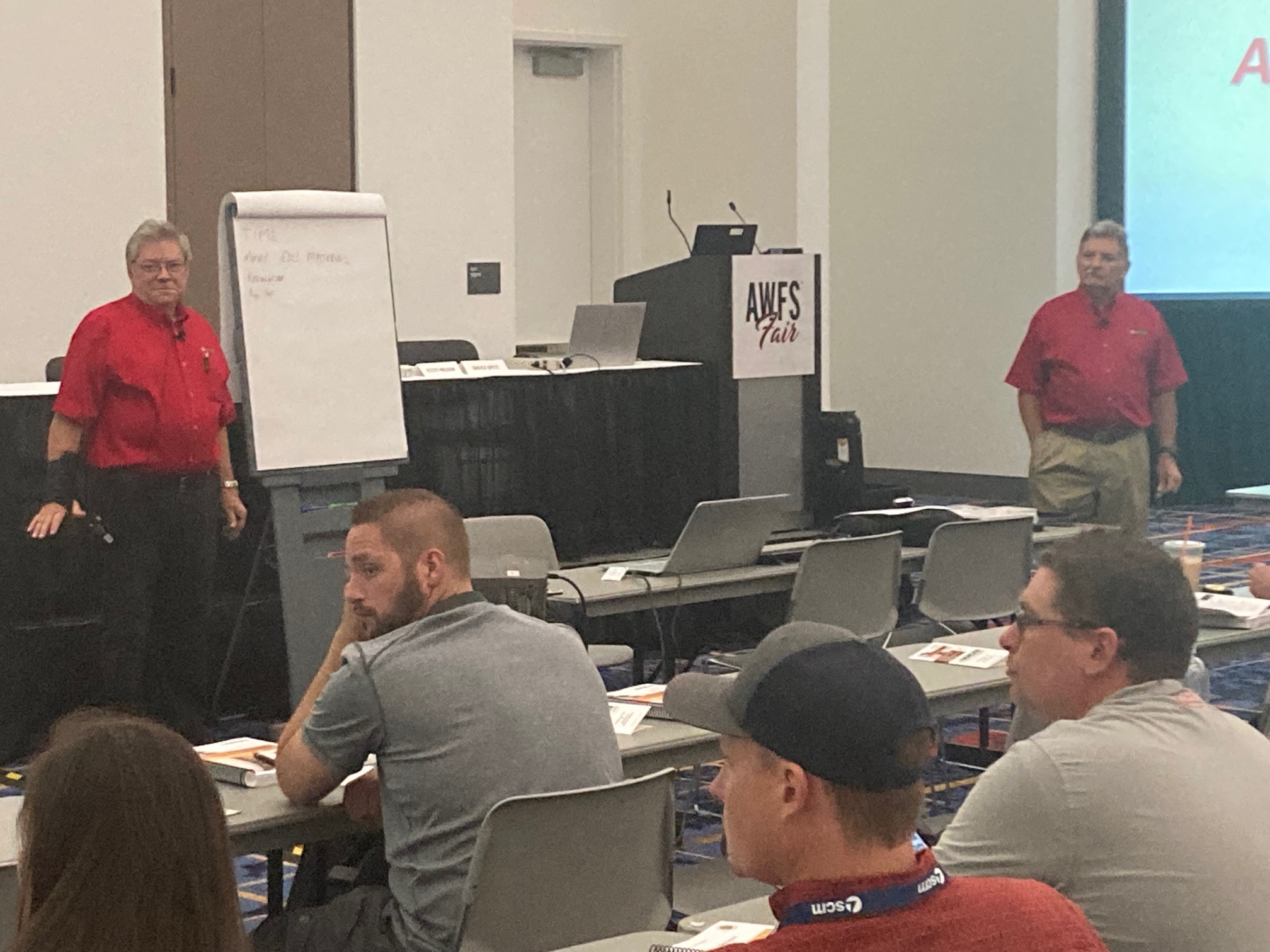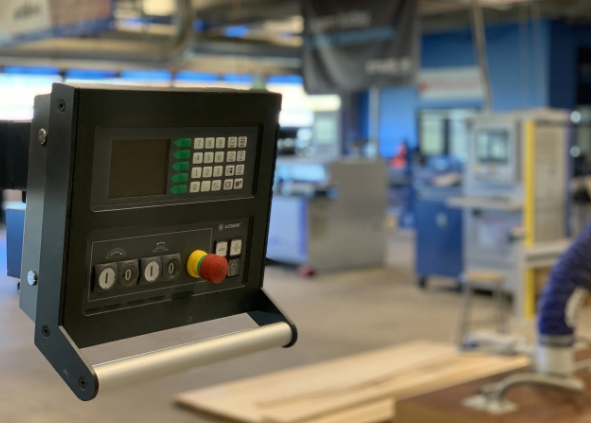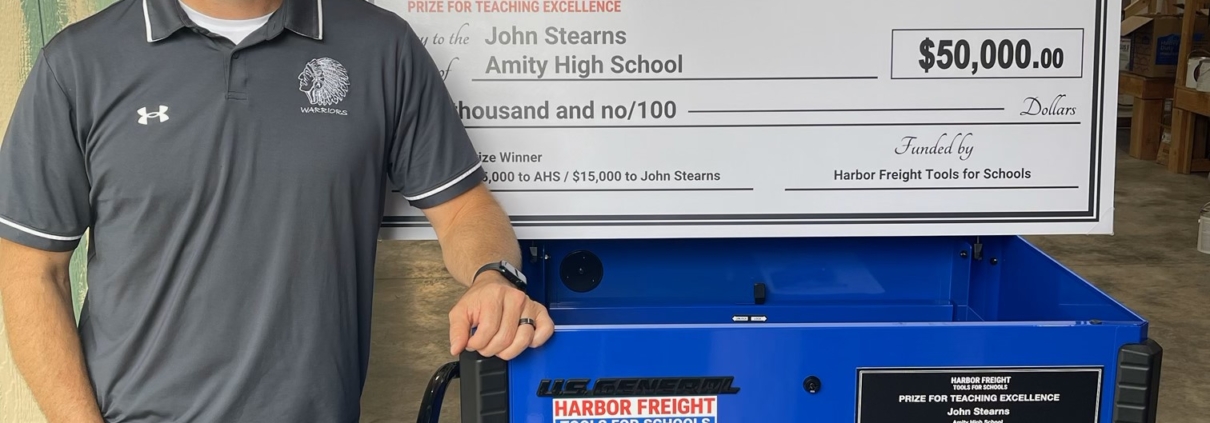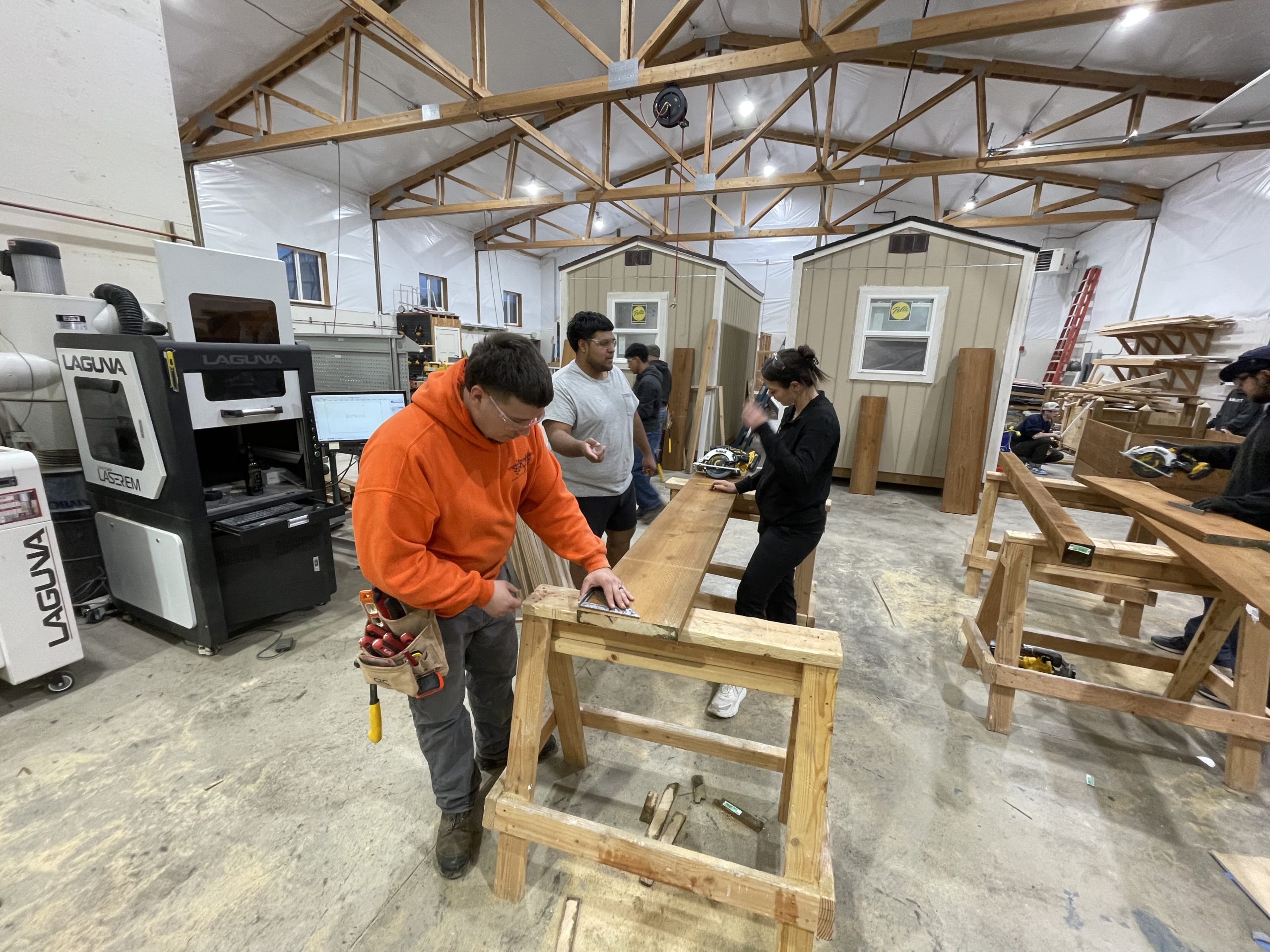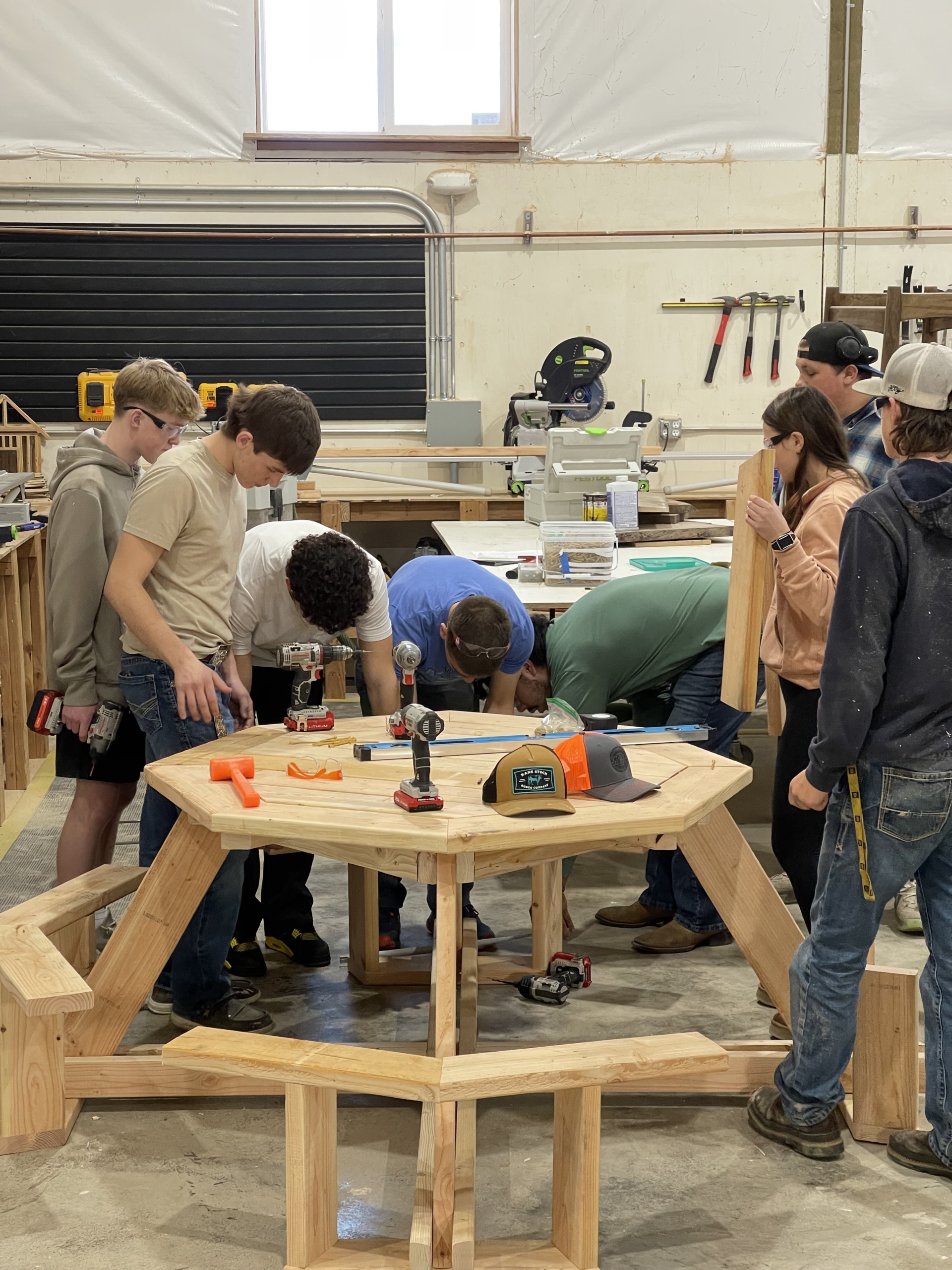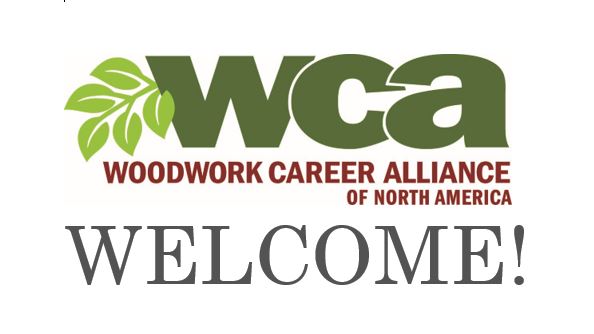WCA to Showcase New Online Training at AWFS Fair
 LINCOLN, Neb. – The Woodwork Career Alliance of North America (WCA) will feature its new online training modules for entry-level woodworkers at the upcoming AWFS Fair in Las Vegas. These resources help woodworking companies enhance their in-house employee training.
LINCOLN, Neb. – The Woodwork Career Alliance of North America (WCA) will feature its new online training modules for entry-level woodworkers at the upcoming AWFS Fair in Las Vegas. These resources help woodworking companies enhance their in-house employee training.
The seminar, “An Overview of the New WCA Online Employee Training Resources,” will be led by Greg Larson, WCA Vice President, on Thursday, July 24, from 9:30 a.m. to 10:30 a.m. It will cover how these online tools can be integrated into existing training programs for better outcomes with new hires.
Initially available modules include Math, Measuring, and Layout; Wood Theory; Milling and Machining; and Woodworking Fundamentals. The program offers narrated presentations, videos, supplemental reading, and quizzes.
Attendees will learn:
- Common reasons why inexperienced trainees struggle.
- Key characteristics of effective trainers.
- Strategies for integrating WCA’s online modules into in-house programs for better results.
“Most woodworking companies have to train new employees in-house, but many, especially small to mid-size firms, lack a standardized program,” Larson said. “These online modules are a crucial, 24/7 asset to help train new hires and get them productive faster.”
The WCA’s online modules provide essential theoretical knowledge and background in an accessible format, designed to complement, not replace, on-the-job training.
The WCA will also host two other educational sessions at the AWFS Fair:
“Building an In-House Training Program for Your Workers”: This two-and-a-half-hour workshop, led by WCA President Scott Nelson and Board member Bruce Spitz, offers practical strategies for companies to develop or enhance internal training programs. This session is on Tuesday, July 22, from 9:30 a.m. to noon. Attendees receive a $150 discount off the $250 annual MANufacturing membership to the WCA.
“CAD for the Wood Shop”: Mark Smith, Chairman of the WCA’s Education Committee, will present this session on Wednesday, July 23, from 9:30 a.m. to 11:00 a.m. It will explore how educators can use technology-backed, student-driven learning to boost student achievement.
Visit WCA at Booth #3573
The WCA invites all attendees to booth #3573 to learn about its Skill Standards and Passport credentialing program, along with membership opportunities for educators, woodworking companies, and industry suppliers.
About the Woodwork Career Alliance
The Woodwork Career Alliance of North America (WCA) is a 501(c)(3) non-profit corporation founded in 2007. Governed by a volunteer board of directors, the WCA’s mission is to develop and administer a unified set of Skill Standards for the wood products industry. Since 2011, WCA has developed observable and measurable performance standards and assessments for over 240 woodworking machine operations. The WCA has issued over 6,000 Passport credentials, a portable, personal permanent record documenting woodworking skill achievements. Over 140 high schools and post-secondary schools across North America are WCA EDUcation™ members, and a growing number of woodworking companies have joined as WCA MANufacturing™ members. To learn more about the WCA and how to get involved, including INDustry™ Sponsorship opportunities, visit WoodworkCareer.org.



